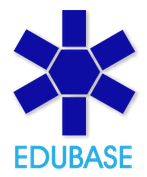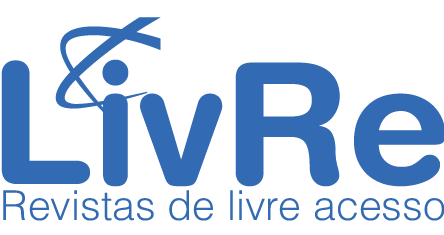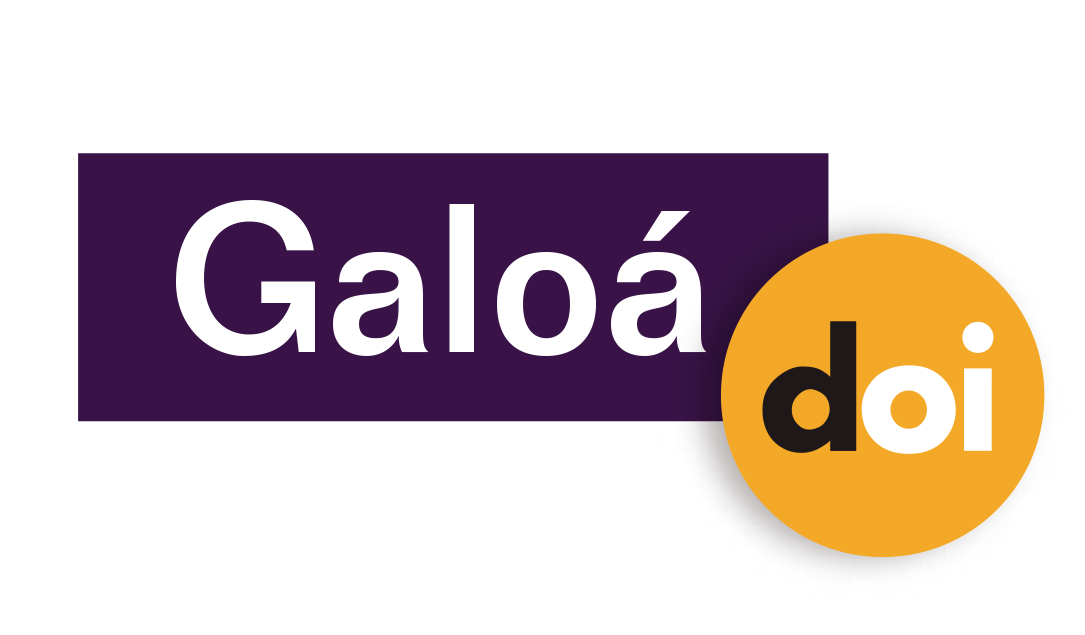How do textbooks from Brazil, the United States, and Japan deal with fractions?
Resumo
Background: Researchers recognise the importance of textbooks for teachers’ lesson planning and the importance of fraction knowledge for shaping students’ future mathematics performance. Objectives: The finding of discrepant achievement by Brazilian, American, and Japanese students in the last three editions of PISA led us to investigate how textbook authors from these countries approach fraction content in elementary education relating to magnitude, flexibility, reasonableness, as well as conceptual and procedural knowledge from both symbolic and nonsymbolic perspectives. Design: The quantitative performances in mathematics of Brazilian, American, and Japanese students in the last three PISA editions lack qualitative and exploratory research to understand some reasons presented by the numerical results. Data collection and analysis: To achieve the objectives, we selected three textbook series, one each from Brazil, the United States of America, and Japan, that schools in those countries widely use. Results: The main results revealed that all textbook series practised flexibility and reasonableness with different emphases, but not the sense of magnitude. Brazilian and U.S. textbooks were based primarily on part-whole interpretation and on a procedural approach. In contrast, Japanese textbooks emphasised the understanding of measurement as the iteration of unit fractions and more conceptual development. Conclusions: The fraction knowledge approach in the Japanese textbook series seems to be close to what the mathematics education researchers recommend, which can be an essential differential to explain the Japanese results in PISA.
Palavras-chave
textbooks; fractions; Brazil; United States; Japan
DOI: https://doi.org/10.17648/acta.scientiae.6413
Apontamentos
- Não há apontamentos.
Direitos autorais 2021 Maria Alice Veiga Ferreira de Souza, Arthur Belford Powell

Esta obra está licenciada sob uma licença Creative Commons Atribuição 4.0 Internacional.
ANÚNCIOS
Informamos que, a partir de outubro de 2025, devido ao grande número de artigos na fila de submissão, está suspenso o aceite de submissões. Rebriremos em fevereiro de 2026.
Mais, informamos que sites fraudulentos, https://periodicos-ulbrabr.org e https://periodicos-ulbrabra.org, estiveram se passando pela Acta Scientiae, utilizando nosso nome e identidade visual e até solicitado taxas de APC, que nós não cobramos. Aconselhamos cautela para evitar serem enganados por sites semelhantes.
Conceito A2 na Capes(2021)
Índice h5 do Google Scholar: 13
Índice mediana h5 do Google Scholar:24
eISSN: 2178-7727
Indexações:
A Acta Scientiae é indexada em: | Scopus |  | Latindex |  | Edubase (SBU/UNICAMP) |
 | Sumarios.org |  | Google Scholar |  | Portal LivRe (CNEM) |
 | Journals for Free |  | REDIB |  | Galoá DOI |

Todos os trabalhos publicados aqui estão sob uma licença Creative Commons - Atribuição 4.0 Internacional.
